The Islamic Enlightenment: The Modern Struggle Between Faith and Reason
£11.40£12.30 (-7%)
SHORTLISTED FOR THE BAILLIE GIFFORD PRIZE 2017
‘An eye-opening, well-written and very timely book’ Yuval Noah Harari
‘The best sort of book for our disordered days: timely, urgent and illuminating’ Pankaj Mishra
‘It strikes a blow…for common humanity’ Sunday Times
The Muslim world has often been accused of a failure to modernise and adapt. Yet in this sweeping narrative and provocative retelling of modern history, Christopher de Bellaigue charts the forgotten story of the Islamic Enlightenment – the social movements, reforms and revolutions that transfigured the Middle East from the early nineteenth century to the present day. Modern ideals and practices were embraced across the region, including the adoption of modern medicine, the emergence of women from purdah and the development of democracy.
The Islamic Enlightenment looks behind the sensationalist headlines in order to foster a genuine understanding of Islam and its relationship to the West. It is essential reading for anyone engaged in the state of the world today.
Read more
Additional information
| Publisher | Vintage (22 Feb. 2018) |
|---|---|
| Language | English |
| Paperback | 448 pages |
| ISBN-10 | 9780099578703 |
| ISBN-13 | 978-0099578703 |
| Dimensions | 12.9 x 2.7 x 19.8 cm |

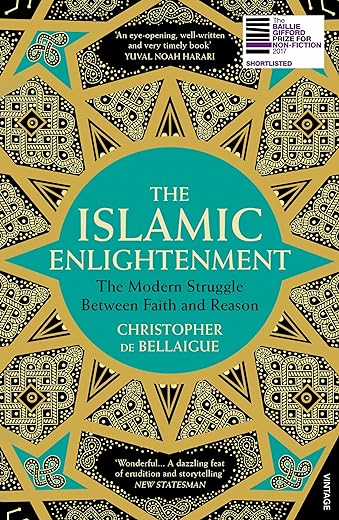
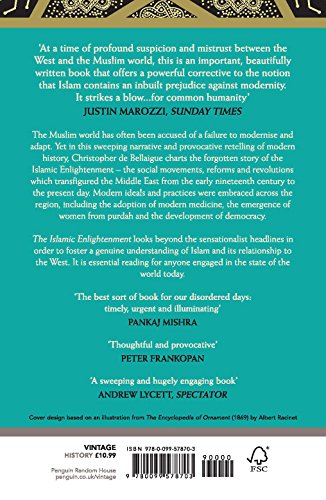

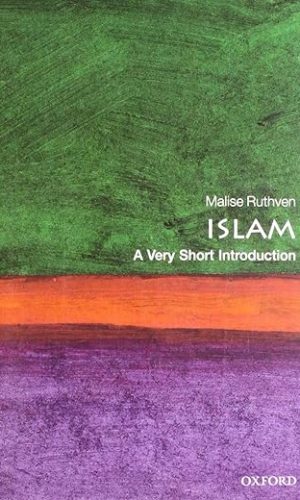
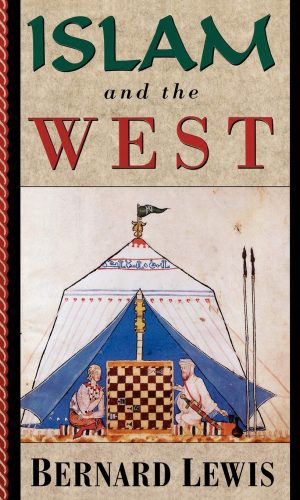
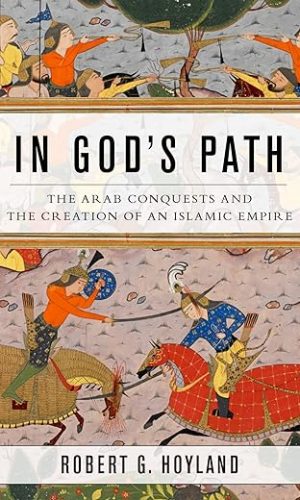



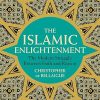
by Ralph Blumenau
The title refers, not to the Golden Age of Islam in Middle Ages, when Europe learnt from Islam, but to the period from the early 19th century onwards, when Islam learnt from Europe. The theologians had clamped down on the Golden Age, and from then until the beginning of the 19th century Islam indeed fell far behind the West; but then Islamic societies began to modernize. In a 25-page introduction the author writes that in this later period the West has consistently stressed the backwardness of Islamic countries and has underestimated or ignored the rapid modernization of technology, institutions and culture after the response to Napoleon’s invasion of Egypt in 1798. De Bellaigue concentrates on this aspect, but he does not ignore the backlash against it among the conservative forces in Islam or indeed the limited effectiveness of modernization throughout the period – almost to the point of contradicting his contention that the achievements of those countries have generally been underestimated. But it is true that, on the whole, the conservatives were able only to slow down, but not altogether to stop the pace of modernization until the 1980s – when this book ends.
Modernization and enlightenment are not necessarily the same thing, and I have an issue with the book’s title: it seems to imply that the word “enlightenment” refers not just to the cultural developments (mostly among the educated middle class and having little or no impact on the poor), but also to the military, economic, and technological ones. You can see these latter aspects being developed by governments, like those of the Pahlevi Shahs, which are otherwise thoroughly repressive and unenlightened.
In all three countries modernization began in the military area because the rulers were being defeated by foreign countries. Economic, technological, medical and educational improvements followed. There was then pressures for political and religious reform also, and these enjoyed occasional and brief periods of success before being put down by the governments, with the backing of the army and of the conservative clergy.
But this is a most instructive and well-written book. The story is very well told, and also has many vivid and richly anecdotal descriptions. Readers who are already interested in the subject will know something of the key figures in the story, but we are also introduced to a host of characters – including feminists, novelists and journalists – who will be new to most readers. De Bellaigue devotes many pages to some of these, and we have to assume that they are important and representative.
The book concentrates on the main centres of modernization: Egypt, Turkey and Iran. (De Bellaigue does not deal with the Muslim Enlightenment in India.) The first three chapters are each devoted to one of those centres; they end respectively in 1879, 1878 and 1852. After that, De Bellaigue argues, their respective experiences were so broadly similar they should no longer be treated separately in the remaining three chapters. That, however, makes those chapters harder to read, and I think it would have been better to continue to treat the three countries separately until the end of De Bellaigue’s chosen period in the 1980s. Although there are references to events right up to the present, De Bellaigue argues that since the 1980s transnational forces like Al-Qaeda and ISIS have taken centre stage, and that is why it no longer made sense to him to follow the story of his chosen national centres. These extremists have become a formidable threat to everything that might be called Islamic Enlightenment. They have come to such prominence that the millions of Muslims who continue to believe in progress and peaceful coexistence tend to be forgotten.
by markr
The author covers the 19th and first eighty of so years of the 20th century in this book, concentrating on events in Iran, Turkey, and Egypt. The book covers the emergence of modernisation in these countries and the development of a more secular approach led by political strongmen in each country. There is much here about the writings of figures from each of these counties who were unknown hitherto to me, and of the impact they had on contemporary thought. The impact of the first world war, and imperial actions of western countries, particularly France and the UK which exploited the region and turned many against modernisation is made clear. Whilst the writing is excellent I found it a little hard going at times, but that probably relates to my own scanty knowledge of the region within the period far more than it does of the quality of the book
by A. Cuhadar
The primary contribution of this book is to provide a survey of middle east media of 19th century. The author’s aim was to extract some intellectual and/or philosophical content out of it with respect to a possible Islamic enlightenment. He believes to have found such attempts in Egyptian and Iranian sources and almost nothing in Turkish. Anyway, all those rare and tragic attempts were nullified by wars and imperialism according to him. Author’s perception of “enlightenment” seems to be some kind of correction brought to any religion in order to make it more useful for humans. But especially with respect to Islam, the enlightenment should be understood as a package for coexisting with the Islam, not as something to modify it. Closely looking to the western situation, we can perceive that western enlightenment didn’t modify Christianity either. Departing from here my critic to the author: he is easily dismissing the Turkish revolution of 20’ties as “national-military” and it’s attempts to introduce the original culture to cohabit with Islam as “ridiculous”. The author should know that Toynbee who was in Ankara at those times has had the following conclusion: ”I have felt that i didn’t understand the French revolution before, I did grasp it here”. The Turkish revolution tried to provide a double package: full Islam at home, in mosque, in Mecca so far it doesn’t collide with the other half of the package. This second half of package was based on laws of international standard valid for social life, business, sports, health care and so on. During the following 90 years most Turks could apply the said formula without much disadvantages for them. Now that Islam is fighting back in Turkey in order to surge again to outside of mosques and private homes, still nobody should believe that the wheels of history will be easily reversed.
by Ussamah
This is a well written and incredibly thorough tome on the demise of the Islamic empire from the mid 17th century to the end of the 20th century. What it doesn’t do is provide an evidenced discussion of struggle between faith and reason, which is what the title purports. It simply follows Western influence on the three main areas of the empire (Egypt, Turkey and Iran), the inaptitude of the population to adapt to this on a national level until the early 20th century, before stirrings of Islamicism returns as a response to neo-colonialism.
Ironically, the introduction of the book which is a slender chapter that touches upon the plurality of Islamic thought and the advancement and inclusivity of the Islamic Empire during its golden age of from the 8th century onwards, provided a snapshot on the ingredients required for innovation and stability. This should have contributed a much bigger part of the book. Instead we were given consecutive timelines from the three aforementioned areas and the populations’ response to occupation and oppression. I feel the book ‘Islamic Exceptionalism’ by Shadi Hamid would give a better account of Islamic enlightenment and counter enlightenment, but there is no doubt that the book under review is full of facts and well written.